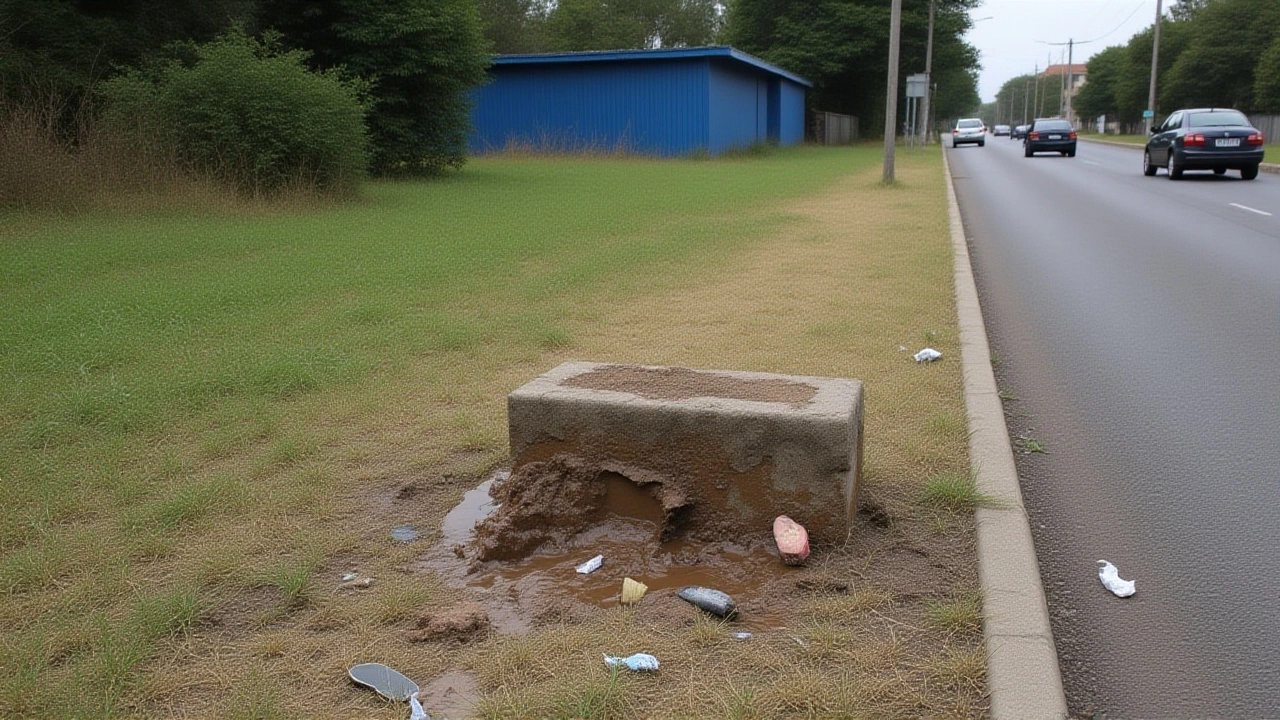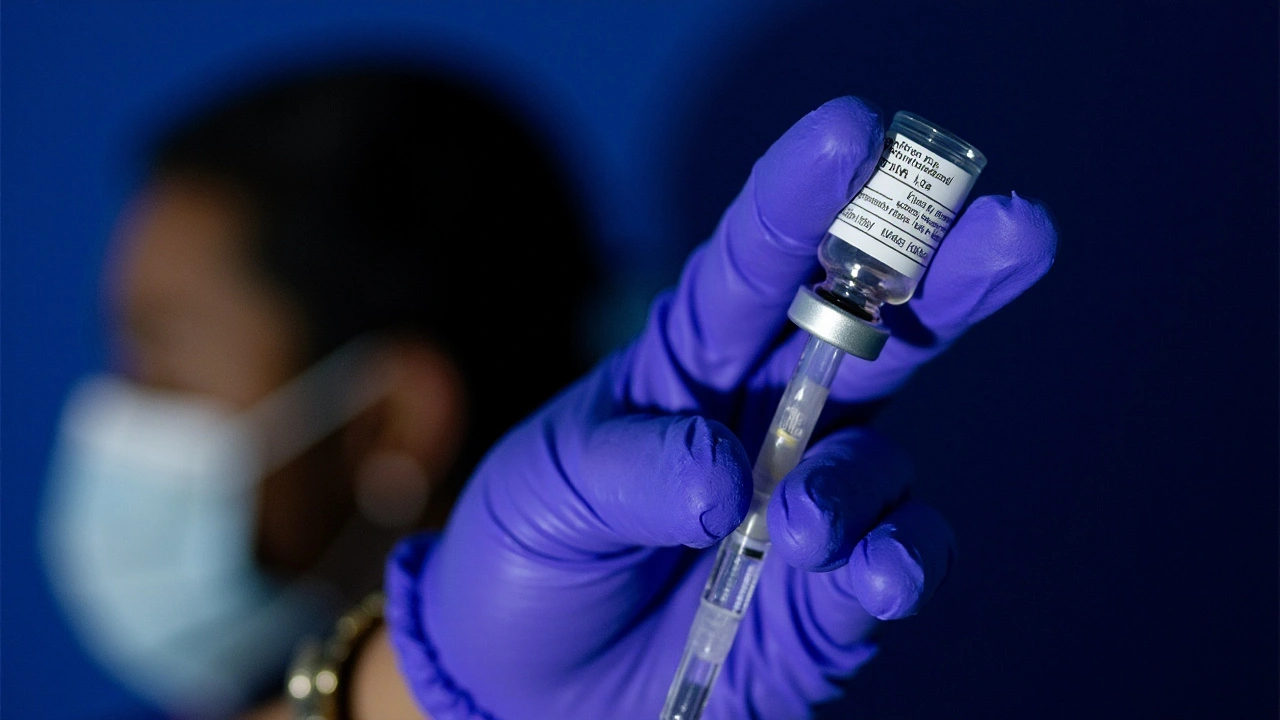Understanding Public Health Emergencies: Staying Safe and Informed
Public health emergencies can pop up unexpectedly, affecting entire communities or even countries. Basically, these are times when health threats, like disease outbreaks or natural disasters, demand quick action to protect everyone. Knowing what to do and keeping up with reliable info can make all the difference.
So, what exactly counts as a public health emergency? It can be anything from a new virus outbreak, chemical spills, or extreme weather events that cause health risks. Governments and health organizations monitor these closely and step in with guidelines and resources to help.
Recognizing the Signs and Risks
Signs of a public health emergency might include rising illness rates, shortages in medical supplies, or official alerts from health authorities. Sometimes, problems build up quietly before hitting the headlines, so paying attention when local news reports unusual health issues is smart. During these times, practicing good hygiene, following official advice, and staying calm are key steps.
It's also useful to understand how public health authorities respond. They'll usually try to contain the threat fast—whether that's through vaccinations, quarantines, or public awareness campaigns. Your cooperation makes their job easier and can protect your loved ones.
What You Can Do Right Now
Don’t wait for an emergency to prepare. Have basic supplies like clean water, medicines, and non-perishable food on hand. Stay updated through trusted sources like government websites and health organizations. If an emergency hits, follow instructions from officials closely—this helps reduce panic and confusion.
Remember, not every health alert means severe danger, but staying informed and ready helps you act smartly. Whether it’s a virus outbreak or natural disaster impacting health, having clear info and a plan helps you stay safe and support your community.
Concrete block blamed for decade-long sewage crisis at Johannesburg school
A concrete block clogged a sewer pipe for over a decade, causing raw sewage to flood Laerskool Esperanza Primary School in Newlands, Johannesburg. Johannesburg Water says repairs are imminent, but funding for a permanent fix remains stalled.
Mpox Outbreak Prompts Public Health Emergency in Africa Amid Growing International Concerns
The Africa CDC has declared the Mpox outbreak a public health emergency due to its rapid spread across the continent. Recent outbreaks have been reported in multiple East African countries, causing a significant increase in cases and deaths. Health experts are urging for international aid and vaccines to manage the crisis with a new form of the virus complicating detection.


